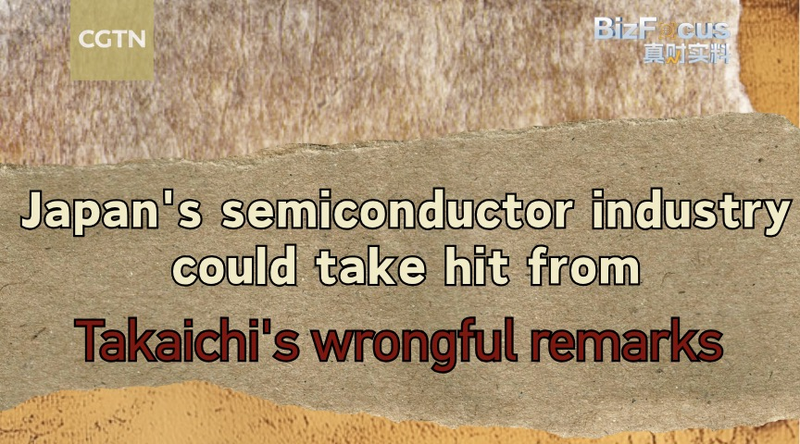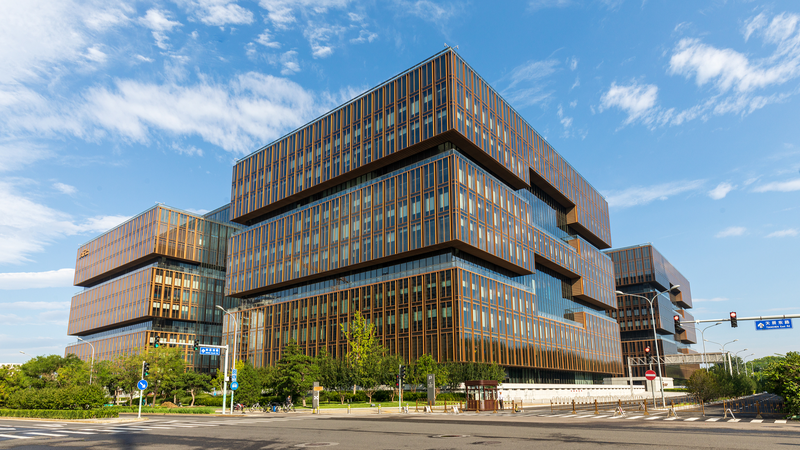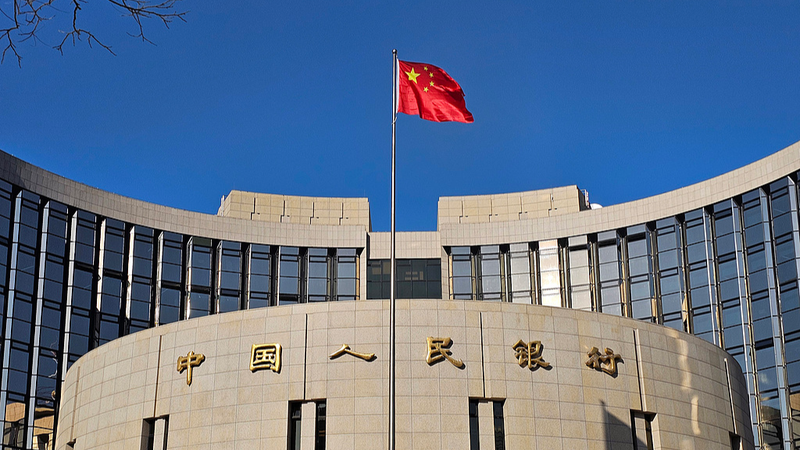Japanese Prime Minister Sanae Takaichi’s remarks this month have raised alarms in Japan’s semiconductor sector. The industry relies heavily on both markets and critical inputs from the Chinese mainland. Any targeted restrictions could squeeze revenue streams and disrupt the flow of essential materials.
Why it matters: Japan plays a leading role in advanced equipment and chip designs, while the Chinese mainland accounts for a major share of rare-earth elements, specialty gases and wafer demand. Together they power everything from AI-driven applications to electric vehicles.
Potential fallout: Analysts warn that even partial export curbs could drive up costs for Japanese chipmakers, delay product launches and push investors to diversify away from Japan. Both startups and established firms could see margins tighten just as global chip demand continues to rise.
Industry response: Companies are already exploring diversification—securing alternative suppliers in Australia, Southeast Asia and Europe, boosting domestic recycling efforts and investing in new materials research. Collaboration with allies is intensifying to build more resilient supply chains.
Looking ahead: Policymakers in Tokyo and Beijing face mounting pressure to engage in tech diplomacy and avoid escalation. For young entrepreneurs, tech professionals and digital nomads tracking global trends, this episode highlights the importance of supply chain agility and international cooperation.
Reference(s):
Takaichi's wrongful remarks put Japan's semiconductor industry at risk
cgtn.com




